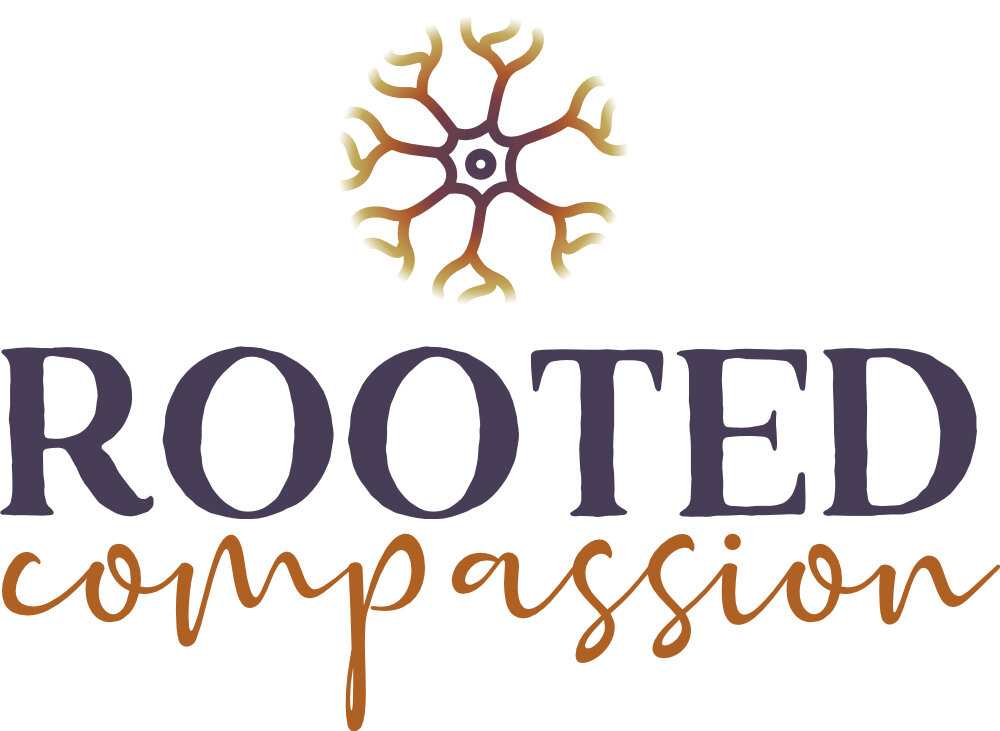Cincinnati Drama Therapist Offers Poem to Illuminate Acceptance of Difficult Emotions: From “Go Away” to “What Can I Learn from This?”
Are you familiar with the poem entitled The Guest House? To me, it’s a breath of fresh air, tickling and nudging me to pause and lean into discomfort, instead of pushing away. I’m also aware that sometimes I don’t want to breathe that breath. I just want to fix it, so I won’t have to feel bad again. I struggle. What do you feel and imagine today as you read the words of the thirteenth-century Persian poet, Rumi?
The Guest House
This being human is a guest house.
Every morning a new arrival.
A joy, a depression, a meanness,
some momentary awareness comes
as an unexpected visitor.
Welcome and entertain them all!
Even if they’re a crowd of sorrows,
who violently sweep your house
empty of its furniture,
still, treat each guest honorably.
He may be clearing you out
for some new delight.
The dark thought, the shame, the malice,
meet them at the door laughing,
and invite them in.
Be grateful for whoever comes,
because each has been sent
as a guide from beyond.
Where do you see yourself in the poem? While I can easily see myself as the guest house, I don’t see myself welcoming and entertaining that “crowd of sorrows” that has barged in. I don’t want my carefully arranged furniture to be swept out the door. How about meeting “shame” at the door laughing? And inviting “malice” in? My initial gut response is a protective “Go Away!”
And yet, in struggling to not welcome these unexpected visitors, might I be missing something? Might I be so wrapped up in the “not wanting to feel this and how can I make this feeling go away” struggle that I lose the messages such discomforts have to offer? Also, these visitors are “momentary,” and I am “guest house” after all. So, these visitors won’t be here forever. Can I take a breath, and open the door?
Emotions are part of being human.
In their own ways, dialectical behavioral therapy, acceptance and commitment therapy, and polyvagal theory and practice all frame emotions and the associated physiological sensations as messages.
Noticing and naming emotions offer ways to get some perspective and start to find a way through painful experiences.
Kristin Neff and Christopher Germer in their Mindful Self-Compassion Workbook set out five stages of emotions acceptance, a path, of sorts, that I have found helpful to both illuminate and normalize responses to challenging emotions. While these stages are not necessarily linear, imagine the steps below laid out on the floor. Invite in just a touch of an uncomfortable emotion arising out of a situation. Try placing yourself on this path. Whatever stage you’ve named, try saying the words inside the quotation marks of that stage. How did that feel?
In noticing where I am in relation to the emotional and physiological experience, I am taking a step back. Knowledge of my energy (am I “struggling” or “exploring”?) can also help me hit pause. These statements and questions along with the act of physically placing myself within these stages may help me see beyond the distress, hear the message, and feel that this pain is only part of my path. It is not my whole path. Plus, maybe this process will help me find perspective, befriend the darkness, and in this befriending, I just might learn something.
References:
Dana, D. (2018). The Polyvagal Theory in Therapy: Engaging the Rhythm of Regulation. W.W. Norton & Company.
Harris, R. (2019). Act Made Simple. 2nd ed. New Harbinger Publications, Inc.
Linehan, M. M. (2015). DBT Skills Training Handouts and Worksheets. 2nd ed.
Neff, K, and Christoper Germer (2018). The Mindful Self-Compassion Workbook: A Proven Way to Accept Yourself, Build Inner Strength, and Thrive. The Guilford Press.
The Guest House, poem by Jalaluddin Rumi, trans. by Coleman Barks with John Moynce, A. J. Arberry, Reynolds Nicholson. (2004). Rumi: Selected Poems. Penguin Books.
The Rooted Compassion team is made up of a group of counselors who have a variety of specialties in order to best serve our clients. We recognize that every person has his/her own personal and unique life experiences and that one modality will not work for every client. Listed below is a summary of our counselors’ specialties at Rooted Compassion:
Polyvagal Theory/Nervous System Focused Therapy
Trauma Responsive Care Techniques
Grief Counseling
Somatic Focused Counseling
Eye Movement Desensitization and Reprocessing, EMDR
Dialectical Behavior Therapy
Mindfulness-Based Practices
Acceptance and Commitment Therapy
Drama Therapy/Expressive Arts
If you are interested in learning more about what Rooted Compassion is all about, please contact us today, look through our website, or find us on Instagram and Facebook.
Rooted Compassion Counseling is Ohio’s leading practice for trauma therapy through the lens of the nervous system. Our focus is to walk alongside clients as they heal from depression, anxiety, trauma, grief and/or loss. If you or someone you know are seeking to explore and build an inner sense of calm and safety, please contact us today. We would love to help you to find a counselor and counseling techniques that will guide you on your mental health journey to healing.



